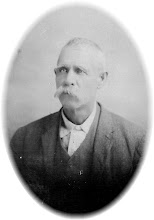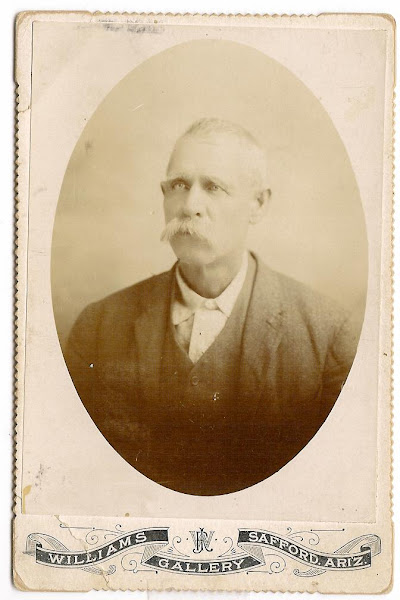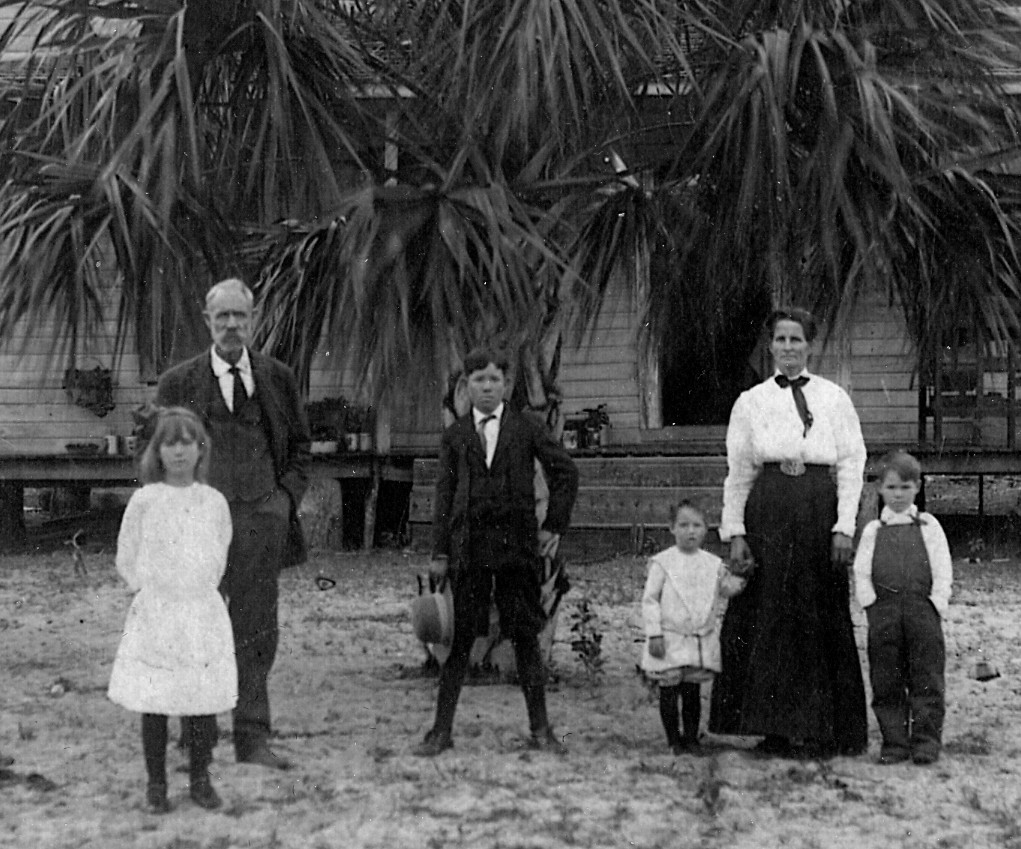[from Nettie Hunt's diary]
“When Father received word they would pass through Sevoia Valley where we lived, and when we heard they were nearing our place, he was strongly impressed to go meet them. So taking his team and outfit he went, taking our eight-year-old brother John, whose birthday it was, with him. They drove fifty miles before meeting the emigrants at Agua Frio, a Mexican ranch named for the large, cold spring there. On arriving, he found about twenty families, with more than 100 head of animals. Father’s going to meet them was simply an act of courtesy on his part, for he did not know they would be needing him so badly. The emigrants had made a long drive without water and had been told they could get plenty of water at Agua Frio. But when they arrived there, the Mexicans who claimed the water would not let them water a single animal unless they paid a big price. These poor Southern people who had been on the way more than three months, did not have the money to pay for water; besides, Father felt it was an imposition for them to have to pay when there was a great plenty of water, and the animals were already choking and could not go to the next water.
“The Southern people could not speak a word of Spanish, and the Mexicans could not speak a word of English. They were having a hard time, for the Mexicans were guarding the tank, which was filled from the large spring. This was the dilemma Father found the converts in, and they were feeling very downhearted and discouraged, but when they found Father could speak Spanish fluently and was there to champion their cause, their spirits rose immediately. Father very patiently explained all the conditions to the Mexicans and showed them that the animals must have water, that the emigrants had no money to pay for it, and that it would be no hardship to the owners, as they had an inexhaustible supply. There was a good deal of arguing pro and con, which Father saw was not getting him anywhere, so he rose to the occasion, as he well knew how to do, and producing his pistol, which was his constant companion in those early and dangerous days, he told them there was one thing they were going to have—they were either going to have water, or they were going to have blood—and he would leave it to them to say which it should be. When the Mexicans saw they were outwitted, as well as far outnumbered, they very grudgingly allowed the animals to be watered. This is the way Father put it: ‘When they saw I really meant business, they came through…’
“There was a real stir of excitement when it was learned that so many people were coming into our beautiful little valley that boasted only about a half dozen families. However, they had been there but a short time when President Lot Smith of the Little Colorado Stake sent teams, wagons, and provisions to help the converts on down to the settlements on the Little Colorado River in Arizona [November, 1877]. There were about half a dozen families who had quite enough traveling for awhile and wished to go no further, so remained in Sevoia. We were delighted that they chose to do this, for our increased numbers took away much of the loneliness of life in this isolated place.”
Those who remained were the Brown, McGrath, Wamsley, West and William Talley families. They stayed three years.



No comments:
Post a Comment